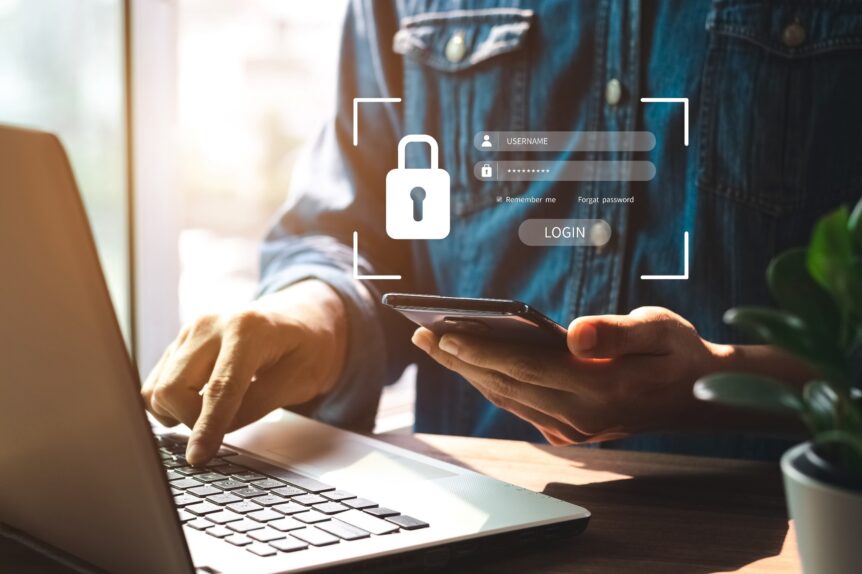The majority of us travel quite frequently, and yet we give little thought to how we keep our identity and data safe while doing so. Read the tips below to stay informed about the cyber security concerns while traveling.
Social Media
I want to share photos of my trip with family and friends. Am I risking the security of myself or my possessions? Unfortunately, yes. While sharing updates of your travels is a great way to keep in touch with family and friends, checking in to places that you are visiting, posting updates mentioning your location, or posting photos from your journey are all voluntary compromises of privacy. Although this may not be an issue most of time, there is a risk that your social media updates will end up in the wrong hands and abused for criminal purposes, such as burglarizing your vacant house.
Public Wi-Fi
Just how safe are hotel networks? The short answer is, they’re not. Most hotel networks are relatively easy to breach. This is of particular concern at exclusive hotels, as the high net worth individuals who frequent them represent a larger paycheck for hackers. To ensure that you are not a victim, never use the free Wi-Fi networks offered by most hotels, and avoid the paid connections when possible. Although the paid connections at hotels are typically safer, it is more secure to use an alternate method of connecting to the internet. A Virtual Private Network (VPN) functions as a secure tunnel that adds an extra layer of security to your connection, making it much harder to successfully gain unauthorized access to your computer. As an alternative to VPN use, most smartphones are able to share their Internet connection with a computer. With the high speed of mobile Internet, your smartphone is an easy and secure way to check emails, log into your online banking, and perform other high-privacy tasks.
Mobile Devices
How do I secure devices from unauthorized access? If you haven’t already, set up a lock code or a password on every single one of your devices. Although this is fairly easy for a tech-savvy person to circumvent, it will ensure that people with little tech knowledge will not be able to gain access. To ensure you stay safe even if someone gets through the login screen, do not save passwords in your browser. Most browsers will automatically store passwords used, thus lowering your overall security. Instead, use a password manager such as LastPass or Sticky Password. These will securely store all of your passwords and are compatible with 2-factor authentication to ensure maximum safety. You could also encrypt your devices and the folders on your laptop that contain sensitive data.
Stay vigilant and use common sense. Most cybercrime (and crime in general) can be avoided by remaining vigilant, informed, and careful.

